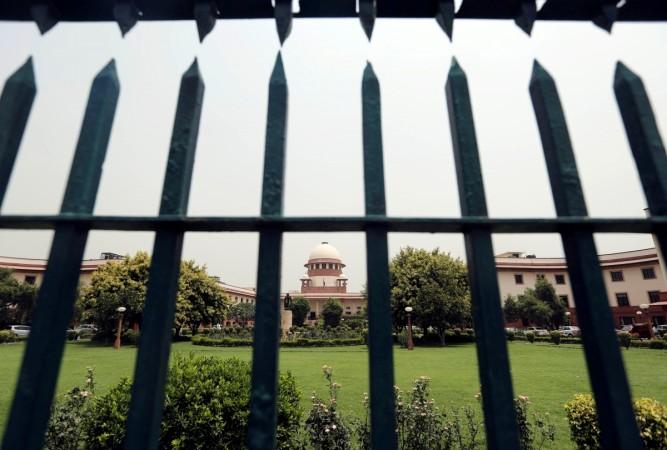
The Supreme Court on Wednesday gave its nod for the declaration of CLAT-2018 results on Thursday while giving more time to the Grievance Redressal Committee (GRC) to probe complaints received by it on glitches in the conduct of online exam.
There are also complaints of alleged cheating and seeking a grant of extra time for that lost due to technical glitches.
Permitting the Kochi-based National University of Advanced Legal Studies to go ahead with the declaration of results scheduled for May 31, a vacation bench of Justice L. Nageswara Rao and Justice Mohan M. Shantanagoudar allowed the GRC headed by Justice M.R. Hariharan Nair to take up the complaints on the conduct of the exam by the candidates who took the common entrance test for admission to national law universities.
"The Grievance Redressal Committee has sought further time to complete the exercise. The Committee shall submit its report on June 6," said the court's order.
The report of the GRC, which has Professor Santosh Kumar as its other member, that was submitted to the court in a sealed cover said that it has gone into the complaints of 167 examinees out of 251 complaints that were received till May 23.
It had urged the court to grant it more time to complete scrutiny of the complaints which it has received beyond 251 and another 25 who had approached the top court and the high courts seeking the annulling of the exams.
Before allowing the NUALS to declare the results, the court weighed the options for compensating the aggrieved candidates while indicating that it was not inclined to quash the CLAT-2018.
As a number of lawyers appearing for different petitioners insisted on fresh exams, the bench asked: "Assuming we are convinced that (the conduct of) exam was not fair, what is the likelihood of court ordering the cancellation."
"If we don't cancel the exam, what would be the fair opportunity to address the grievance of the candidates," Justice Nageswara Rao queried senior counsel V. Giri who appeared for NUALS.
Saying that there would be no direct allotment of marks to the aggrieved examinees, he told Giri to work out a formula to compensate them.
Giri had earlier told the court that there was an audit of the questions answered and time taken to answer them by each of the candidates. A total of 200 questions were to be answered in 120 minutes thereby leaving just 30 seconds to answer a question.
The court was told that each candidate knows how much marks he had secured as answer keys were put online on May 15. The online CLAT-2018 exam was conducted on May 13.
Giri said that every candidate can download answer key and his answer sheet and calculate the marks. There is negative marking in CLAT.
He said that the cases of only those aggrieved candidates qualify to be considered if, after the declaration of CLAT result, their marks are with the "striking distance of the least cut-off marks".
In the course of the hearing, the court had asked how much more time the GRC would need in going through the complaints, and Giri said that the most of these complaints are not specific.
Telling the court that there were 6,000 odd complaints, Giri said that in one instance, 1,048 complaints had been filed by the same person and in others, the candidates had sent their complaints twice from the same source.
As Giri suggested that the GRC should limit itself into the technical glitches in 251 complaints, Justice Nageswara Rao said that "would amount to modifying the May 25 order" passed by the vacation bench of Justice A.M.Khanwilkar and Justice Indu Malhotra.
The top court by its May 25 order had said that grievance redressal committee set up by the NUALS will look into the complaints of the candidates who appeared for CLAT-2018 on a case-to-case basis.
It had further permitted the candidates with any complaint about the difficulties they encountered while appearing for the online exam to email them to the panel by 7 p.m. on Sunday (May 27).
(Source: IANS)

















